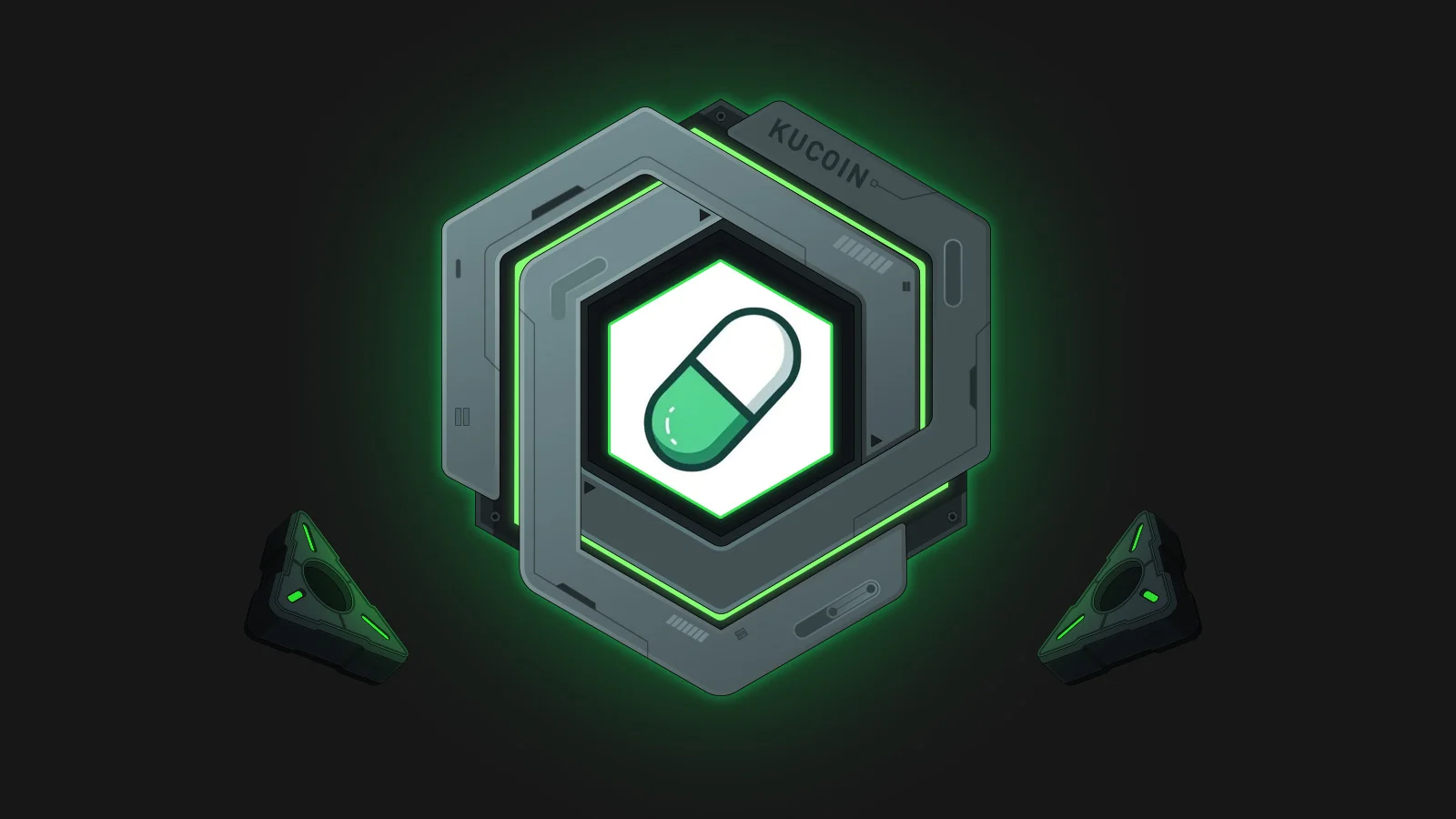Crypto Platform Pump.fun Launches Revenue-Sharing Model
27.03.2025 17:00 2 min. read Alexander Stefanov
Pump.fun’s co-founder, Alon Cohen, recently shared insights about the platform’s innovative approach to token creation, emphasizing its focus on meme coins and the tools it offers users.
Despite the challenges the platform has faced, including a sharp revenue decline, Cohen remains optimistic about the future of both Pump.fun and the meme coin market.
Known for its simplicity and speed in launching tokens, Pump.fun has seen tremendous success, with over 8.8 million tokens launched on the platform, representing a significant portion of Solana’s total token activity. However, Cohen acknowledged that the platform’s revenue had dropped by 95%. In response, Pump.fun is introducing a revenue-sharing initiative that will reward token creators by returning part of the transaction fees, encouraging more substantial projects and fostering growth in the ecosystem.
The platform’s bonding curve model, where token prices rise as demand increases, has played a pivotal role in Pump.fun’s past success, helping it generate over $600 million in total revenue. Cohen also highlighted that the platform is actively addressing issues common in the meme coin space, such as scams and exploitative projects, by introducing token-burning mechanisms and transparent fee structures.
Drawing inspiration from meme-centric platforms like 4Chan, Pump.fun’s design and communication style appeal to a younger audience passionate about meme coins. The platform’s user-friendly approach, paired with its community-driven philosophy, has contributed to its popularity.
While the launch of PumpSwap sparked discussions about Pump.fun potentially shifting its business model to compete with decentralized exchanges like Raydium, Cohen clarified that Pump.fun remains focused on facilitating token creation and fostering community engagement. He emphasized that PumpSwap is designed to expand the ecosystem and provide more rewarding experiences for users, not necessarily to rival existing platforms.
Despite a downturn in the meme coin market, with its market capitalization dropping significantly from its peak in late 2024, Cohen believes that meme coins still have long-term potential. By integrating new features such as NFTs or gaming elements, these projects can evolve beyond speculative investments and offer more tangible value. Pump.fun plans to continue supporting creative projects while pushing for meaningful innovation in the space.
-
1
At Least Five Law Firms Target Former Strategy Over Misleading BTC Risk Disclosures
28.06.2025 10:30 2 min. read -
2
Binance Could Introduce Golden Visa Option for BNB Investors Inspired by TON
07.07.2025 8:00 1 min. read -
3
Weekly Recap: Key Shifts and Milestones Across the Crypto Ecosystem
06.07.2025 17:00 4 min. read -
4
Trump Imposes 50% Tariff on Brazil: Political Tensions and Censorship at the Center
10.07.2025 7:00 2 min. read -
5
U.S. Dollar Comes Onchain as GENIUS Act Ushers in Digital Era
20.07.2025 17:56 1 min. read
FTX Sets Next Data for Creditor Distribution
FTX Trading Ltd. and the FTX Recovery Trust have announced August 15, 2025 as the official record date for their next round of distributions.
Tesla Q2 Earnings Surge on Bitcoin Rally and AI Growth
Tesla stunned investors in Q2 2025 with a $1.2 billion profit, nearly tripling its previous quarter’s net income.
Jack Dorsey’s Block Joins S&P 500, Surges 10%
Block Inc. (NYSE: SQ) officially joined the S&P 500 on July 23, replacing Hess following its $54 billion acquisition by Chevron.
CoinShares Becomes First MiCA-Authorized Crypto Asset Manager in Europe
CoinShares, Europe’s top digital asset investment firm with over $9 billion in AUM, has secured full authorisation under the EU’s new Markets in Crypto-Assets (MiCA) regulation.
-
1
At Least Five Law Firms Target Former Strategy Over Misleading BTC Risk Disclosures
28.06.2025 10:30 2 min. read -
2
Binance Could Introduce Golden Visa Option for BNB Investors Inspired by TON
07.07.2025 8:00 1 min. read -
3
Weekly Recap: Key Shifts and Milestones Across the Crypto Ecosystem
06.07.2025 17:00 4 min. read -
4
Trump Imposes 50% Tariff on Brazil: Political Tensions and Censorship at the Center
10.07.2025 7:00 2 min. read -
5
U.S. Dollar Comes Onchain as GENIUS Act Ushers in Digital Era
20.07.2025 17:56 1 min. read


